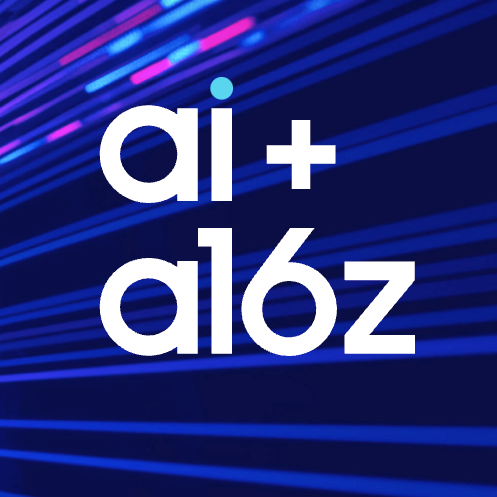NebulaE 
NebulaE is a compendium of code generators and tools to help build and deploy cloud native Microservices.
The cli is meant to replace scripts needed to update datastores, upload files, configure environments and in the long run it will offer code generation to build back-ends, front-ends and middleware for microservices.
Installation
Assuming that Node.js is already installed & running,
Install as CLI
$ npm install -g nebulae
Install as dependency
$ npm install nebulae
Command Line Interface
MicroService Registration and Discovery
Usage: nebulae register (microfrontend | microbackend | microapi)
Options:
--version Show version number [boolean]
-h, --help Show help [boolean]
--microservice-id Microservice unique ID [required]
--frontend-id Frontend identifier. this is the Frontend
hosting the micro-fronend [required]
--setup-file setup file [required]
--store-type Store type used as service directory. valid
types: GCP_DATASTORE [required]
--gcp-service-account-token Google cloud Platform service account JSON key
--gcp-proyect-id Google cloud Platform proyect id
Register Micro-FrontEnd
Usage sample:
nebulae register microfrontend --microservice-id=ms_name --frontend-id=emi --setup-file=/full/path/to/mfe-setup.json --store-type=GCP_DATASTORE --gcp-service-account-token=/full/path/to/gcloud-service-key.json
Client-side UI composition
FrontEnds are composed of a single Shell and multiple Micro-FrontEnds. The idea is to configure the frontend shell to host each Micro-FrontEnd.
Compose FrontEnd for production
Compose a FronEnd using all the registered Micro-Frontends on the Microservice Directory
Usage:
nebulae compose-ui production <shell-type> <shell-repo> <frontend-id> <output-dir> <store-type> [gcp-service-account-token]
Usage sample:
nebulae compose-ui production --shell-type=FUSE2_ANGULAR --shell-repo=https://github.com/NebulaEngineering/lab-emi --frontend-id=emi --output-dir=/tmp/nebulae/emi/ --store-type=GCP_DATASTORE --gcp-service-account-token=../keycloak/etc/gcloud-service-key.json
Options:
--version Show version number [boolean]
-h, --help Show help [boolean]
--shell-type UI Composition shell type. Eg: FUSE2-ANGULAR
[required]
--shell-repo UI Composition shell repository location. Eg:
https://github.com/x/y.git [required]
--frontend-id Frontend identifier. this is the Frontend
hosting the micro-fronend [required]
--output-dir directory to place the generated files [required]
--store-type Store type used as service directory. valid
types: GCP_DATASTORE [required]
--gcp-service-account-token Google cloud Platform service account JSON key
Compose FrontEnd for development
Compose a FronEnd using the FrontEnd Shell and one or more local MicroFront-Ends under development
This is critical in order to be able to develop and test the micro-fronend inside the shell
Usage:
nebulae compose-ui development <shell-type> <shell-repo> <frontend-id> <output-dir> <setup-file>
Usage sample:
nebulae compose-ui development --shell-type=FUSE2_ANGULAR --shell-repo=https://github.com/NebulaEngineering/lab-emi --frontend-id=emi --output-dir=/tmp/nebulae/emi/ --setup-file=/full/path/to/mfe-setup.json,/full/path/to/other-mfe-setup.json
Options:
--version Show version number [boolean]
-h, --help Show help [boolean]
--shell-type UI Composition shell type. Eg: FUSE2-ANGULAR [required]
--shell-repo UI Composition shell repository location. Eg:
https://github.com/x/y.git [required]
--frontend-id Frontend identifier. this is the Frontend hosting the
micro-fronend [required]
--output-dir directory to place the generated files [required]
--setup-file setup file [required]
Author & Contributors
Developed & maintained by author: Sebastian Molano on behalf of Nebula Engineering SAS
Follow Nebula Engineering at: github
License
The MIT License (MIT)
Copyright (c) 2018 Nebula Engineering SAS





